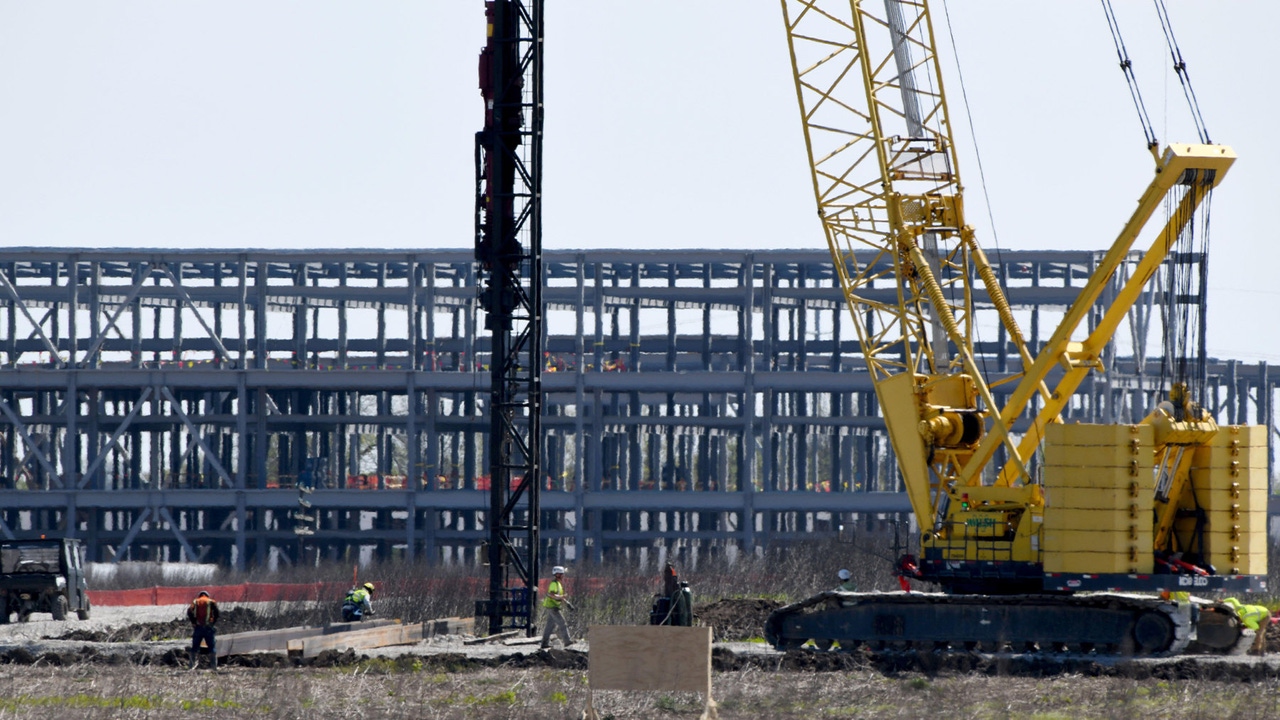Why Communities Are Protesting Data Centers – And How the Industry Can Respond
As data center growth continues, opposition from some local communities is rising. Discover why people are protesting and how the industry can effectively respond to their concerns.

The data center industry has long been in growth mode, and there’s no sign that demand for expanded data center capacity will slow anytime soon. On the contrary, trends like the AI boom are likely only to add more fuel to data center construction demands.
But increasingly, opposition to data centers is growing, too – particularly in regions that are already home to large concentrations of data centers or in rural areas.
Will protests against data center expansion get in the way of industry growth? It’s perhaps too soon to know for sure, but here’s a look at what protesters are saying, and how the industry could potentially respond to their concerns.
Why Are People Protesting Data Centers?
The motivations for protesters and activist movements that oppose data center expansion seem to involve multiple factors that are often intertwined.
So-Called ‘NIMBYism’
The most prominent reason for protesting data centers, it seems, is what some have called data center NIMBYism, with NIMBY being an acronym for ‘not in my backyard.’ Many have expressed concerns that the construction or expansion of data centers will negatively impact the quality of life of local communities.
For example, as one resident of Northern Virginia complained to a local news station, data centers are “going to definitely impact our quality of life, we’re going to suffer through 10 to 20 years of construction, dirt, diesel equipment.”
Opponents in this camp don’t seem to have qualms about data centers in principle. They just don’t want more data centers close to where they live – which is not unreasonable, given concerns like the ambient noise produced by data centers and the fact that data centers are arguably not the prettiest type of building to look at.
Sustainability Concerns
In other cases, data center protesters seem animated primarily by concerns over the potential sustainability impact of data centers, especially on local regions.
For instance, recent opposition to data center projects in the Netherlands stemmed in large part from claims that the facilities would consume large quantities of energy and water and run “counter to the public interest.” In that case, politicians sympathetic to protesters imposed a temporary ban on the project until the national government formulated more stringent policies to govern data center facilities.
Anti-Globalization Politics
Politics and ideology appear to be wrapped up within data center opposition, too – at least to a certain extent.
For example, farmers who participated in movements against data center expansion in the Netherlands expressed concern that the tech companies building the data centers received favorable treatment, and that the government fast-tracked plans to construct new data center facilities even as local residents struggled to obtain permits to build other types of structures.
You could call this a form of NIMBYism, but it seems to be more than that. Although no one has said as much out loud, this type of opposition appears to reflect a certain ideological anxiety about globalization. Local residents feel that government elites are more concerned with catering to foreign tech behemoths than to local interests. Perhaps they would not be as worried about data center construction if the facilities were being built by Dutch companies, or if they offered a more tangible benefit to local residents.
Where Are People Protesting Data Centers?
To date, most protests against new data centers have been concentrated in areas where there are already many existing data centers – such as North Virginia and Northern Europe.
This is notable because it suggests that opposition to data centers doesn’t stem from fear of the unknown – which you might expect in communities that have never been home to a data center, and where residents are concerned about the change that could stem from building a facility.
Instead, the communities most vocal about opposition to more data centers appear to be ones where people already know what living close to data centers is like.
How the Industry Can Respond
If that’s the case, it suggests that data center designers and operators have some work to do to convince communities that their facilities are not so bad after all.
There are several potential ways to do this. Potential options include making data centers quieter and more aesthetically attractive, as well as finding ways to streamline construction in order to reduce the disruption associated with building a new facility.
Thinking more creatively, data center companies could convert existing structures into data centers. This approach would help to mitigate some of the environmental concerns related to data center construction. In addition, the construction work necessary to convert an existing building into a data center is likely to be less disruptive to residents than building a new facility from a hole in the ground.
Finding ways to improve the energy and water sustainability of data center operations would certainly help, too, especially when building data centers in communities where such resources are already stretched thin.
Lastly, increasing the tangible economic benefits that data centers bring to local communities would be a big help. Traditionally, data centers have created few jobs relative to the real estate they consume, making it easy for residents to resent them.
There’s not an easy solution on this front given that most data centers require few employees, and increasing data center automation will shrink workforces even further. Still, practices like prioritizing local residents when hiring for the data center positions that do exist, or working with local or regional contractors to construct facilities, could help boost the economic advantages that communities gain by agreeing to become home to more data centers.
Conclusion
It’s clear that opposition to data center growth has become prominent, especially in areas that are already home to a large number of data centers.
Going forward, understanding and addressing the concerns of protesters should be a priority for the data center industry if it wants to keep expanding without having to fight local communities every step of the way.
About the Author
You May Also Like









